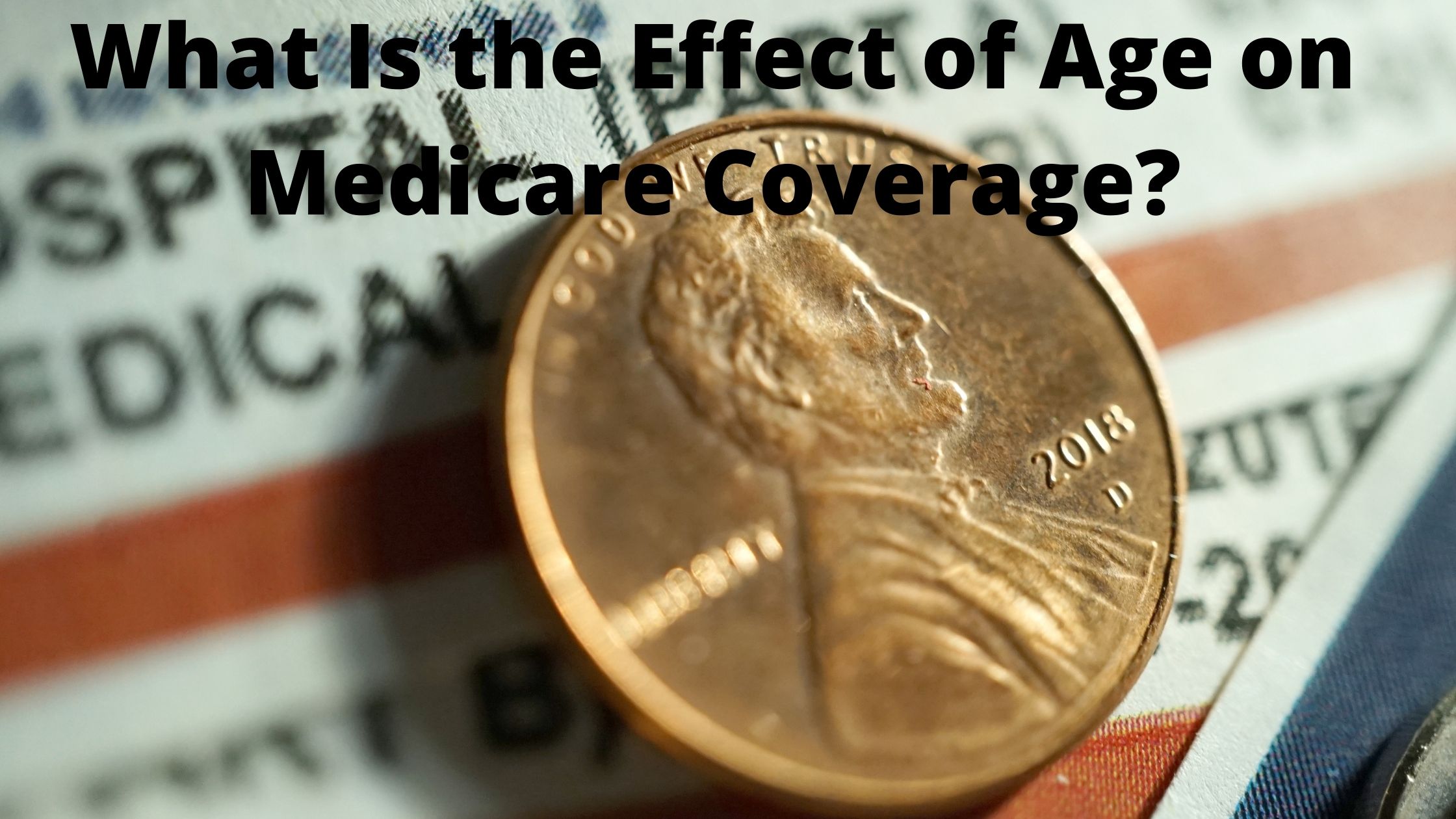Millions of Americans are currently enrolled in Medicare, and as the population ages, so too does the Medicare population. In fact, according to the Centers for Medicare and Medicaid Services (CMS), by 2036 the number of people aged 66 or older will account for almost one-quarter of all Medicare beneficiaries! This means that there is an increasing need to understand how rates of Medicare coverage change after 66 – specifically, what happens when someone turns 66 years old and qualifies for Medicare?
What is Medicare?
Medicare is a government-run program that provides health coverage for people age 65 and older.
2. Medicare coverage can increase after a person turns 65.
If you are age 65 or older, your Medicare coverage may increase after you turn 65. This increase is called Medicare Part A. Medicare Part A covers hospital costs and helps pays for other medical expenses. It also covers doctor visits, medicines, and treatments.
Medicare Part B covers outpatient care and helps pay for things like doctor visits, outpatient care, home health care, and skilled nursing services.
You may be eligible for both Medicare Parts A and B. Or, you may only be eligible for one of them. The amount you receive depends on which part of the country you live in and how much money you have saved in your Individual Retirement Account (IRA).
How Does Medicare Work?
Medicare is a government-run health insurance program that provides coverage to people age 65 or older and people with disabilities. Medicare is divided into two parts: Part A covers hospital expenses, while Part B covers medical expenses.
After you reach the age of 65, your Medicare coverage begins increasing gradually. The more time you have left on your original Medicare plan, the more you will pay for Parts A and B. In addition, the premiums you pay for Parts A and B will also increase annually.
The rates of Medicare coverage increase after you reach the age of 65 in two ways. The first way is called “bump-up”, which means that your premium payments will increase automatically each year by the same percentage as the rise in the Consumer Price Index (CPI). The second way is called “dual eligibility”, which means that if you are already receiving Social Security benefits, your Medicare premiums will not increase. However, if you stop receiving Social Security benefits or if your income rises above a certain level, your premium payments will begin to increase.
The rates of Medicare coverage increase after you reach the age of 65 in two ways. The first way is called “bump
What are the Benefits of Medicare?
Medicare is a government-sponsored health insurance program for people aged 65 or older and for people with disabilities. Medicare provides coverage for a variety of medical services, including hospital stays, doctor visits, and prescription drugs.
There are a number of benefits to Medicare coverage. First, Medicare is affordable. The average cost of hospital care under Medicare is less than half the cost of the same care under private insurance. Second, Medicare covers a wide range of medical services. This includes everything from routine checkups and vaccinations to more serious procedures like heart surgery or joint replacement.
Third, Medicare provides peace of mind. Unlike private insurance, which can be canceled at any time, Medicare is guaranteed by law. This means that you always have coverage whether you need it or not. And finally, because Medicare is government-sponsored, it is immune to the financial fluctuations that can affect other types of insurance policies.
Overall, Medicare offers a variety of benefits that make it an ideal choice for many people aged 65 or older or with disabilities.
What Affects Medicare Coverage?
There are many factors that affect the amount of Medicare coverage a person receives. These factors include age, health status, and income.
One of the most important factors that affects the amount of Medicare coverage a person receives is their age. As a person ages, their health status deteriorates and their income decreases. This means that their Medicare coverage will generally be lower than it would be if they were younger.
Another important factor that affects the amount of Medicare coverage a person receives is their health status. If a person has a serious illness or injury, their Medicare coverage may be reduced or eliminated altogether. Similarly, if a person has recently had a heart attack or stroke, their Medicare coverage may be reduced or eliminated for a period of time.
Income is also an important factor that affects the amount of Medicare coverage a person receives. A person with higher income generally pays more in premiums and taxes to support Medicare than someone with lower income. This means that they receive lower premiums and monthly premiums on average than someone with lower income. However, there are exceptions to this rule. For example, people who are disabled may receive reduced premiums regardless of their income.
What Is the Effect of Age on Medicare Coverage?
Age is one of the factors that can affect the amount of Medicare coverage a person receives. The amount of coverage a person receives depends on a number of factors, including their age and health status.
For people aged 65 or older, Medicare provides full coverage for hospital and doctor costs. This means that they won’t have to pay any out-of-pocket expenses. However, the coverage limit for hospital expenses is $2,000 per year and the coverage limit for doctor expenses is $6,000 per year.
People aged 65 or older who are not yet eligible for Medicare can purchase a Medigap policy. A Medigap policy provides supplemental Medicare coverage. The coverage limit for hospital expenses is $1,000 per year and the coverage limit for doctor expenses is $4,000 per year.
There are other factors that can affect the amount of Medicare coverage a person receives. For example, a person’s income can affect their eligibility for benefits. In addition, if a person has health conditions that may increase their costs, their Medicare coverage may be reduced.
Conclusion
After 66 years of age, individuals may be eligible for Medicare coverage. Rates of Medicare coverage increase after 66 as follows: 50% for individuals who are not yet 65 years old and have never been covered by Medicaid or a state-sponsored program; 70% for individuals who are not yet 65 years old but have been covered by Medicaid or a state-sponsored program; 85% for individuals who are not yet 65 years old and have never been covered by Social Security.


